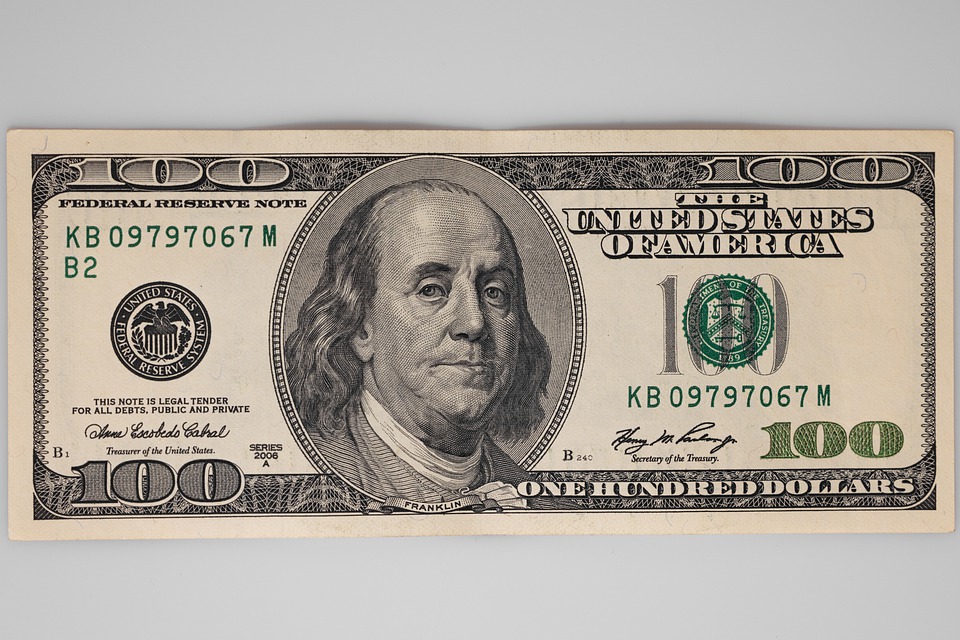
31 Mar Will we owe the ‘exit tax’ when we sell our home?
Photo: pixabay.comQ. We are moving to Florida. I purchased my home in 2000 for $488,000 and this has been our only home. We think the sale price will be in the $950,000 range, so we expect to be under the $500,000 exemption. If market conditions change and our home value rises above the $500,000 threshold, we have plenty of capital Improvements that would easily raise our basis. Would we pay the exit tax as long as we’re under the $500,000 gain? If we rent in New Jersey after the sale, how would that change the tax?
— Moving
A. We’re sorry to hear you’re leaving the state.
Let’s first clarify the what the so-called “exit tax” is.
It’s not a separate tax, said Howard Hook, a certified financial planner and certified public accountant with EKS Associates in Princeton.
Instead, it is a withholding tax requirement applicable to certain sellers of real property, such as your primary residence, he said.
“New Jersey uses the withholding requirement at the time of sale to make sure sellers report any gain on the sale on their New Jersey income tax return,” he said. “Those sellers required to have the tax withheld are calculated at the higher of 8.97% of the gain on the sale or 2% of the selling price.”
A New Jersey income tax return would be prepared for the tax year. It would be processed If the tax is equal to the tax withheld, and if not enough was withheld, additional tax may be due. A refund is processed if the tax is less than the amount withheld, Hook said.
There are exceptions as to who is required to withhold taxes at the time of sale.
“The most common exceptions are when the seller is a resident taxpayer or the property being sold was used exclusively as a principal residence and qualifies under IRS Code Sec 121 to exclude gain on the sale of a primary residence,” he said. “If these or the other 14 exceptions apply, the seller will complete a Form GIT/REP 3 acknowledging which exception applies to them.”
Now on to your specific circumstances.
Based on the fact pattern you provided, you would qualify under the primary residence exception and you will likely be under the $500,000 gain you mentioned, Hook said.
But if you exceed the $500,000 threshold, the New Jersey resident exception could also apply.
“For these purposes, New Jersey defines a resident as an individual who is and intends to continue to maintain a permanent place of abode in New Jersey on or after the day of transfer,” he said. “So if, on the date of sale, your `intention’ is to remain in New Jersey and rent, then the exception would apply.”
If you had already relocated out of the state or had no intention of staying, then the exception would not apply, and you would be required to have some of the tax withheld, Hook said.
Email your questions to Ask@NJMoneyHelp.com.
This story was originally published March 31, 2022.
NJMoneyHelp.com presents certain general financial planning principles and advice, but should never be viewed as a substitute for obtaining advice from a personal professional advisor who understands your unique individual circumstances.

